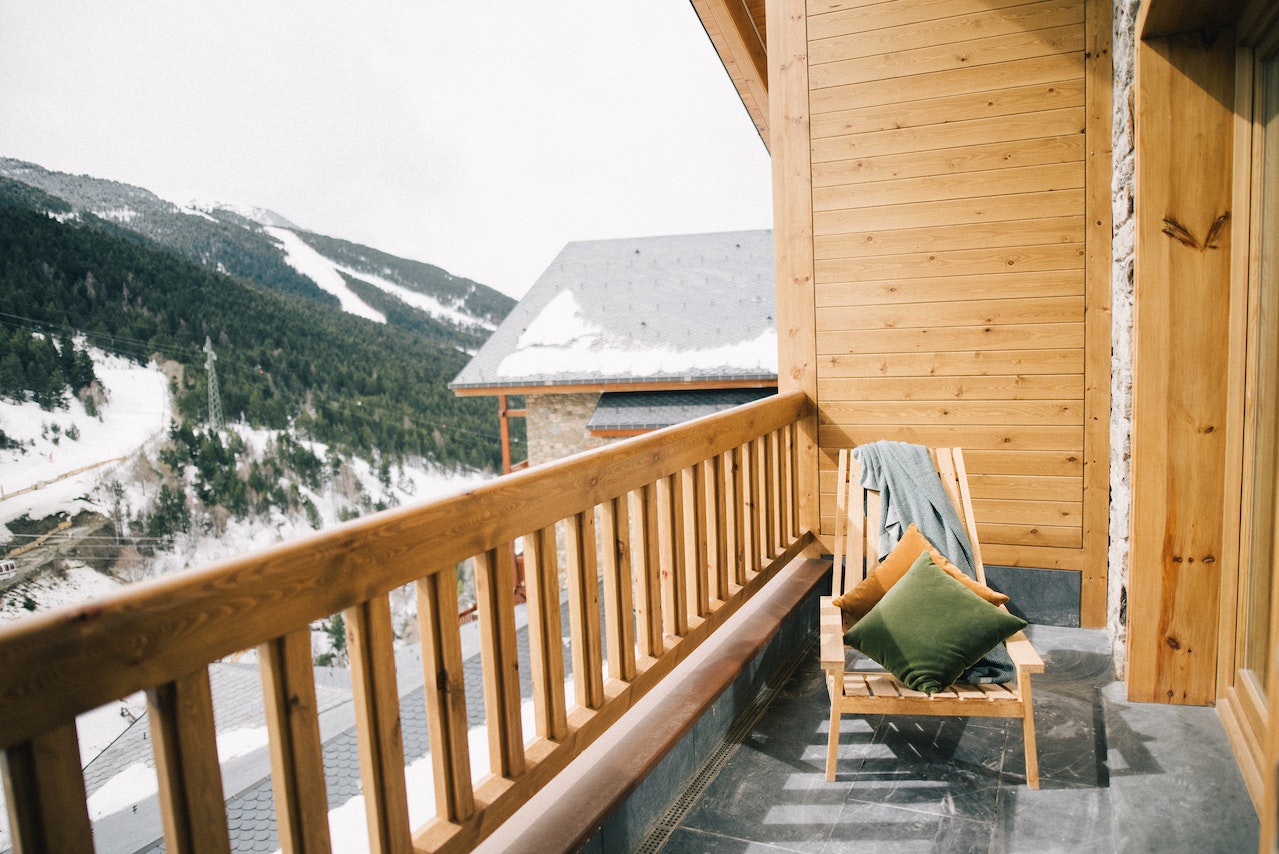When it comes to short-term rentals, hosts are always chasing that golden question: “What’s the best way to maximize my bookings?” The avenues are numerous: Airbnb, Booking.com, or perhaps good ol’ direct booking through your own website. Which brings us to the core debate: should you channel your energy into direct booking or lean on the convenience of third-party platforms?
The Allure of Third-Party Sites
Picture this: You’ve got a cozy little apartment overlooking the beach, furnished with charming wicker furniture. You’re new to the hosting game and bam!—you list it on Airbnb. Almost instantly, the inquiries roll in. It’s like opening a faucet of guests—convenient, fast, and your place gets worldwide exposure. Why? Because sites like Airbnb have marketing dollars and tech resources that you can’t rival. They’re the big kids on the block, so to speak. You get easy access to a massive audience, handy booking tools, and even some host guarantees. So, what’s the catch?
The Hidden Costs
Well, these platforms are not running a charity. For their services, they charge fees, sometimes hefty ones. You’ll find yourself sacrificing anywhere between 3% to 20% of your booking revenue. Plus, you’re bound by their rules, policies, and ever-changing algorithms. Ever felt like you were walking on eggshells trying to maintain a high rating or dodging penalties? You’re not alone. The constant need to adapt to platform changes can make you feel like you’re renting your own place from them.
Direct Booking: The Freedom of Independence
Contrast this with direct bookings. When guests book straight from your own website, you’re the captain of your own ship. No middleman fees. You set the rules, the rates, and the stay policies. Most importantly, you get to know your guests before they even set foot inside your property. Ah, the beauty of control and freedom! But hang on, it’s not all sunshine and rainbows.
Deciding between direct booking and third-party sites can influence how to effectively use ads for your listing.
Weighing the Work
Maintaining a website, handling inquiries, processing payments—it’s a ton of work. Not to mention, you’re responsible for your own marketing. No one’s going to put your rental on the digital map unless you roll up your sleeves and do it yourself. Got SEO? Know your way around Google Ads? If you’re already hyperventilating, direct booking might seem like a steep hill to climb.
So, there it is, folks—the initial scoop. The allure of third-party sites with their mass exposure and convenience seems unbeatable, but at what cost? On the other side, direct booking offers freedom but demands sweat equity. How do you choose? Better yet, can you actually strike a balance between the two?
As we delve deeper, we’ll unpack the intricate details, pros and cons, and some real talk—no fluff—so you can make a call that makes business sense.
Let’s face it, in the fast-paced, ever-competitive world of short-term rentals, being savvy is not just an advantage; it’s a necessity.
The debate between direct booking and using third-party sites can impact strategies for maximizing profit.
Short-term rental direct booking website:

At this point, you might be asking, “Okay, what exactly goes into building a direct booking website?” Sure, it sounds all glam and promising—a website to call your own, total freedom from third-party rules. But constructing and maintaining a website isn’t exactly a walk in the park, is it?
The Nitty-Gritty: Setting Up Your Website
First, let’s talk setup. You’ve got to pick a domain name that’s easy to remember, yet specific enough to your property or brand. Then comes web hosting, design, user interface, and don’t forget, a secure payment gateway. If you’re already tech-savvy, you might do some of this yourself. If not, you’ll likely need to shell out for a web developer. And unless you’re into last-century aesthetics, don’t scrimp on design; it’s the digital face of your business. All said and done, you’re looking at a startup cost that can range anywhere from a few hundred to a couple thousand dollars.
The Workhorse Behind the Glamour: SEO and Marketing
Then there’s SEO—Search Engine Optimization for the uninitiated. Simply put, SEO helps your website show up in Google search results. How does this happen? Keywords, backlinks, quality content—the list goes on. It’s a full-time job, seriously. But that’s not all; you’ve also got to work on brand building. Think social media posts, newsletters, and promotional campaigns. Honestly, it’s a hustle.
Control and Customization: More than Just Buzzwords
But before you throw your hands up in exasperation, consider the payoffs. With your own site, you have incredible flexibility. Want to offer a mid-week discount? Or how about a loyalty program for returning guests? The world is your oyster. Try pulling that off on a third-party platform without jumping through hoops.
Another huge plus is the ability to capture guest data—something that’s often restricted or anonymized on platforms like Airbnb. Why is this important? Because understanding your guests can be invaluable for targeted marketing. Picture sending tailored offers or even simple birthday wishes to your previous guests. It’s customer service gold.
The Power of First Impressions
Your website also gives guests a first impression that’s entirely under your control. With third-party sites, your listing is often sandwiched between others, easily lost in a sea of choices. On your site, your property is the star of the show. And let’s be real—no one knows your property better than you. Who else can show it off in its best light?
Calculating the ROI
Now for the million-dollar question: is it worth it? If you’re in this for the long haul, investing in a direct booking website can bring significant ROI, not just in saved commission fees, but in building a loyal customer base. Of course, the exact ROI will vary depending on your marketing skills, property uniqueness, and competitive landscape.
So there’s your deep dive into the world of short-term rental direct booking websites. It’s a mixed bag for sure, loaded with challenges but sprinkled with lucrative possibilities. It’s about weighing your options carefully.
Do you want to put in the elbow grease and hustle for long-term gains, or are you okay with the “easy come, easy go” third-party game?
Striking the Balance: The Hybrid Approach to Bookings
So you’ve gone through the nitty-gritty of third-party platforms and the ambitious world of direct booking websites. You’re no doubt teetering on the edge of a decision, scratching your head, maybe even losing a bit of sleep. What if I told you that you don’t have to choose? Yep, you heard me right. Why not take a swing at both?

The Best of Both Worlds: Synergy in Action
Consider running a hybrid approach that capitalizes on the mass reach of third-party sites while also siphoning off some of that traffic to your own website. This is where you get to play real-world strategist. Use Airbnb or Booking.com to get first-time guests in the door. Once they’ve experienced your top-notch service and cozy comfort, direct them to your personal website for future bookings. It’s all about building that rapport, making your guests feel like insiders with special access. Trust me, people dig that stuff.
The Nudge Factor: Incentivizing Direct Bookings
A simple, effective strategy is to offer incentives for direct bookings. Think about it: would you go through a middleman if you could get a better deal straight from the source? Offer exclusive deals, added perks like a free airport pickup, or even a small welcome gift for guests who book through your website. It not only saves you commission fees but also adds a touch of personalization that guests will remember.
The Spotlight: Customer Reviews
Another key aspect is to highlight customer reviews and testimonials on your website. Reviews from third-party platforms can often be integrated into your own site, boosting its credibility. It shows newcomers that others have stayed, enjoyed, and endorsed your property. It’s social proof, a crucial nudge in the decision-making process.
Payment Plans: Your Rules, Your Game
Now, let’s talk about payments. One of the overlooked benefits of direct bookings is the ability to offer varied payment plans. Require only a small deposit upfront, or offer a slight discount for full payments. In contrast, third-party sites often have rigid payment rules that you and your guest must adhere to. When you control the payment terms, you can adapt to the financial comfort zones of different guests, making your property more attractive to a broader audience.
The Final Countdown: Making Your Decision
So, is the hybrid approach a no-brainer? Maybe. But it does demand time, dedication, and the chops to navigate both worlds efficiently. If you’re already stretched thin managing your property, adding a complex booking strategy might just tip you over the edge. And let’s face it, not everyone’s cut out for dual life. But if you can manage it, the rewards can be quite tasty—financially and in terms of guest loyalty.
At the end of the day, your booking strategy should mirror your business goals, available resources, and your appetite for risk and involvement. There’s no one-size-fits-all answer here, folks. But whether you go full-on third-party, embrace the freedom of direct booking, or mix it up with a hybrid model, the key is to stay informed, be adaptable, and above all, know your property’s worth. Remember, you’re not just offering a place to sleep; you’re providing an experience. Make it count.
